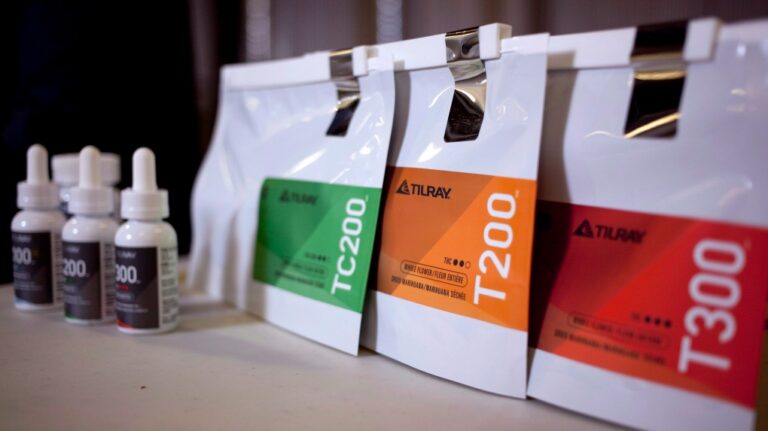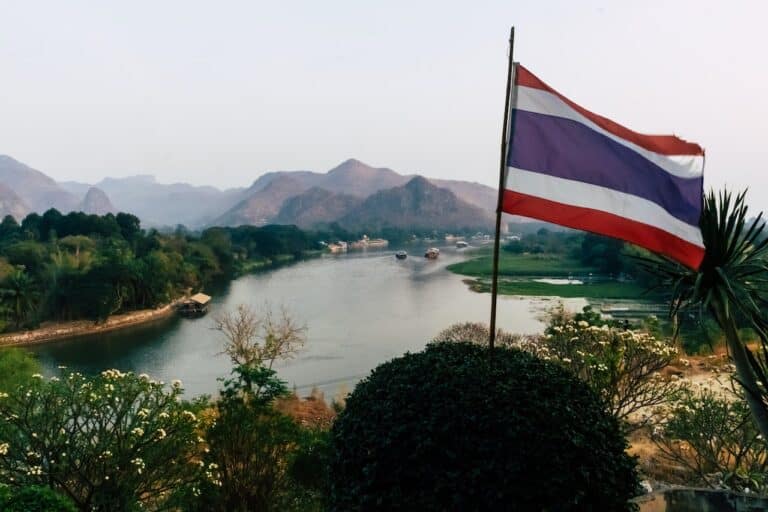As the first nation in east Asia to legalize medical cannabis, South Korea would represent a huge development for the industry as well as a potential sea change in how the drug is seen in typically conservative nations.
On November 23, the nation’s national assembly approved the narcotics control act amendment, allowing for the use of medical cannabis.
The ministry of food and drug safety (mfds) must now create detailed rules outlining what will be permitted and the steps patients must take to be eligible.
Although the use of medical cannabis products will be strictly regulated, the legislature’s ratification of the law is considered as a significant victory in a nation where many anticipated would be among the last in Asia to legalize any use.
The state council, the nation’s cabinet, must debate the bill before it can become law, and the president must sign it.
In the upcoming days, further information regarding the framework will be made public, according to an mfds representative.
Though it hasn’t been decided, he said, the import of some medical cannabis products could start in the first half of 2019.
The ministry will focus first on THC- and CBD-based pharmaceuticals that have previously received permission from health authorities in other nations, notably western Europe and the united states.
The ministry stated that the national assembly session’s amended law will increase the number of individuals with uncommon diseases who can receive treatment.
If there is no local alternative medication accessible to address illnesses like epilepsy, imports would be permitted through the Korea orphan drug center, a government organization intended to facilitate patient access to rare medicines in the nation.
The mfds’s backing allowed south korea’s cannabis law to overcome a significant hurdle in july, when it announced that it would allow epidiolex, marinol, cesamet, and sativex for ailments like epilepsy, hiv/aids symptoms, and cancer-related treatments.
Rev. Sungseok Kang of the organization of legalizing medical cannabis praised Korea’s decision to legalize medical marijuana as “a great step, ” but noted that many details still need to be worked out about the rules and that only a limited amount of information has been made available.
As the regulations are being written, the group recently established the Korea cannabinoid association to lobby the drug ministry.
Thailand and Malaysia had been competing with Israel to become the first nations in Asia to legalize medical cannabis.
Vijay Sappani, CEO of Toronto-based ELA capital, a venture capital firm investigating emerging markets in the cannabis industry, said that south Korea’s legalization of medical cannabis, even though it will be strictly regulated and have a small range of products, represents a significant advancement for the world cannabis industry.
It is important to recognize that Korea was the first nation in east Asia to legalize medical marijuana on a federal basis.
The question now is whether or not other asian nations will follow South Korea.





